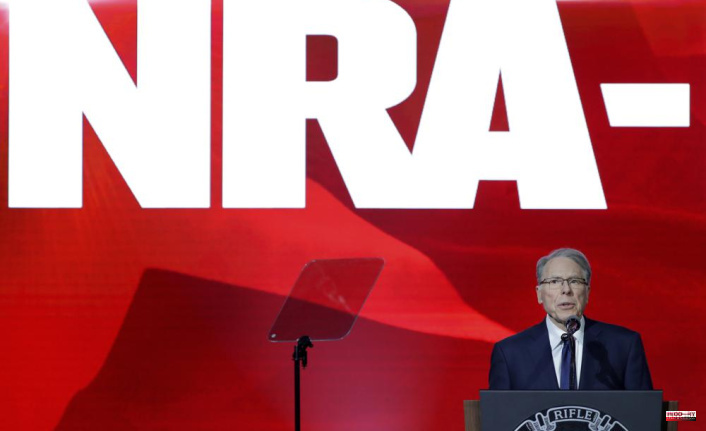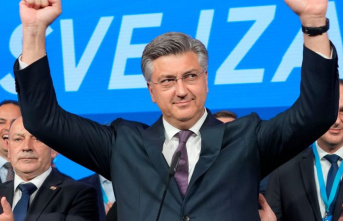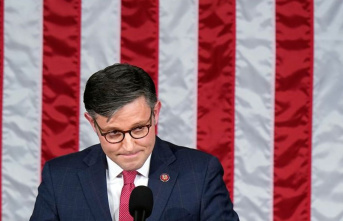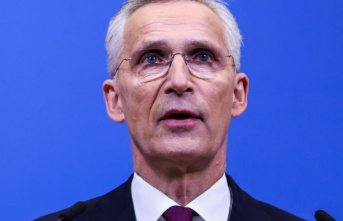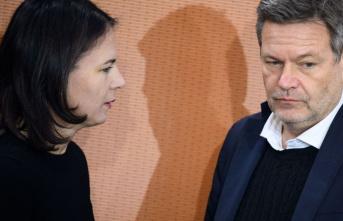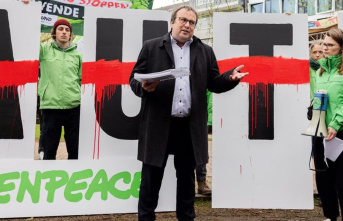It seemed for a moment that 2012 was the year of a national gun control stalemate.
Adam Lanza (20 years old) was a gunman who had gained entry to a Connecticut elementary school. He killed 26 people with an AR-15-style weapon. Half-staff flags were raised. A sporting goods retailer suspended the sale of similar weapons. Both long-time gun-rights supporters in Congress indicated that they are open to new legislation. Barack Obama, the then-President, stated that while the issue was complicated, everyone was bound to try.
One week later, the most powerful gun lobby in America made its position public and the effort collapsed.
Wayne LaPierre, CEO of the National Rifle Association, said that "the only thing that stops an evil guy with guns is a good man with a gun." He made the statement in a defiant speech, blaming video games, cowardly lawmakers and the media for the carnage. LaPierre also called for armed guards at all U.S. schools.
The nation is now at a crossroads nearly ten years later. On Tuesday, a gunman shot at at least 19 children in Uvalde, Texas with a similar weapon. This was the second mass shooting in this country. LaPierre did not have to deal with the bloodshed this time -- the group's Republican allies in Congress did.
"The problem begins with people. Not guns. Alabama Senator Tommy Tuberville said Wednesday that he holds an A rating and received an endorsement from NRA. He bluntly summarized the position of many Republicans, particularly considering recent political developments. "I am very sorry that it happened. However, guns are not the problem. Here's where the problem starts. We've had guns for ages, and we'll continue to have them."
Many things have changed since Sandy Hook. After a string of financial scandals and lawsuits, the NRA is in serious trouble. To counter this message, an insurgent gun control movement has invested tens of million of dollars into political campaigns. Moms Demand Action was formed, for instance, the day following the Sandy Hook shooting.
Shannon Watts, founder of the Watts Foundation, said this week: "How many more kids have to die?" "How many parents and teachers, shoppers, and worshippers must be killed before our leaders can do anything?" Senators who support the gun lobby and block life-saving changes are choosing to sacrifice the lives of our children for the sake of carnage and the gun industry profits.
Even though mass shootings are continuing unabated in Washington, one thing is certain: Republicans and Democrats agree that there is very little chance that legislation to tighten gun laws will pass by a narrowly divided Congress. The persistence of gun rights groups lobbying Congress for $171 million since 1989, despite public support for tighter gun laws, explains the gridlock.
"I want to feel more optimistic. But it won't change," stated Sen. Chris Coons (D-Del).
The NRA isn’t as powerful as it used to be. Other, more right-leaning gun groups have followed its lead, such the Gun Owners of America. This group bills itself the "no compromise” gun lobby. Multiple gun rights alliances exist at the state level, with enormous influence on legislatures. The NRA, despite 40 years of working to relax gun laws has been the dominant cultural force in the country and remains the most prominent.
Robert Spitzer, a political science professor at State University of New York Cortland, and author of five books about gun policy, stated that "You don’t need the NRA to lead anymore because opposition gun laws are so much now a litmus-test of conservatism, and the Republican Party, that it has its own momentum."
David Yamane, Wake Forest University sociology professor, says that although the NRA has been struggling in recent years, this does not mean that American gun culture is weakening. He also notes that Yamane studies American gun culture. "There are other membership organizations that have emerged or grown to fill in some of the gaps that the NRA used."
According to data from the Center for Responsive Politics (a nonpartisan organization that tracks political spending), the NRA has built a reputation of goodwill through disbursing more $70 million to support the political ambitions and political ambitions of Republicans currently serving in Congress. The analysis shows that they have spent only $171,000 to support pro-gun Democrats currently serving in the House and Senate.

